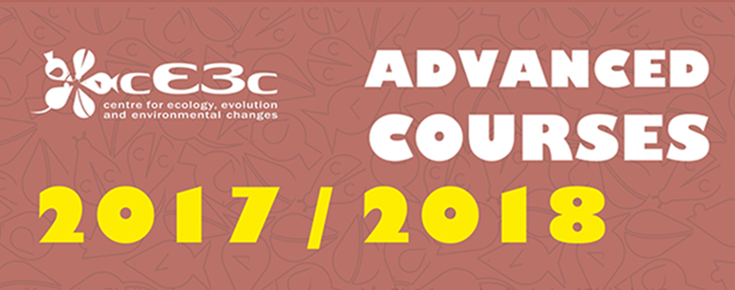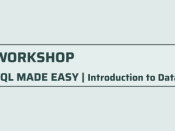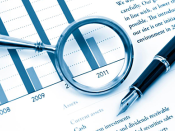
Lack of fertile land to feed the exponentially growing population, insufficient water availability and quality, changes in the flow of nutrients through the bio-geo-cycles (especially N and P) and climate and land use changes are impacting ecosystems and their capacity to deliver goods and services for humans. It is striking that all these issues interact around one common resource - SOIL and its biodiversity. While scientists have long recognized soils as living and of central importance to food production, there is now wide appreciation that they are a foundation for human and ecosystem sustainability. The ecosystem services that flow from soils and their biodiversity include soil formation and renewal of its fertility, maintenance of the composition of the atmosphere through carbon storage and greenhouse gas flux, erosion prevention, the regulation of diseases, the decontamination and bio-remediation of toxic chemicals and habitat and food for a variety of wildlife. Additionally, living soil is a global receptacle of genetic diversity that is yet to be fully explored by humans. Despite this, soils are being degraded at high rates. Policy makers are seeking multiple solutions and need reliable scientific information on soils, their biodiversity and the many services they provide, as well as their resilience under the interacting environmental challenges. Thus, the need for improvement basic skills and their utilization on soils is a true challenge throughout Europe.
The advanced course on Soil ecology and ecosystem services (SoilEco) is conceived to give an integrated view of the living component of soils, and its key role on ecosystem functions and processes. Therefore, the course will assess the link between soil biological diversity and ecosystem functions. Relying on different specialists on soil the course is made up of two interrelated strands of work: theoretical and laboratory classes, tuned according to the attendants interests, aiming at the possibility to put in practice their own basic problem on soil ecosystem services.
Date: January 29th, 2018 to February 2nd, 2018
Deadline for Applications: December 15th, 2017




















